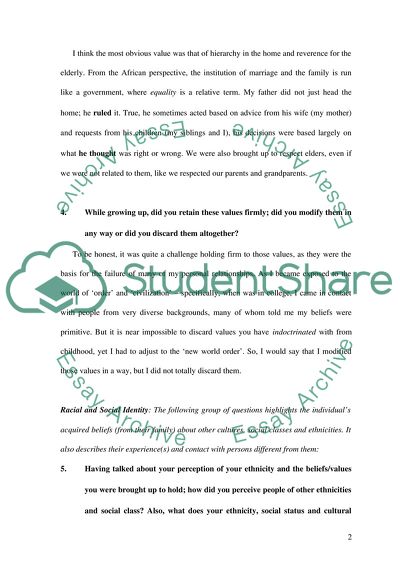Cite this document
(The Individual, the Parental and Family Values Assignment Example | Topics and Well Written Essays - 1250 words, n.d.)
The Individual, the Parental and Family Values Assignment Example | Topics and Well Written Essays - 1250 words. https://studentshare.org/social-science/1734309-interview-assessment
The Individual, the Parental and Family Values Assignment Example | Topics and Well Written Essays - 1250 words. https://studentshare.org/social-science/1734309-interview-assessment
(The Individual, the Parental and Family Values Assignment Example | Topics and Well Written Essays - 1250 Words)
The Individual, the Parental and Family Values Assignment Example | Topics and Well Written Essays - 1250 Words. https://studentshare.org/social-science/1734309-interview-assessment.
The Individual, the Parental and Family Values Assignment Example | Topics and Well Written Essays - 1250 Words. https://studentshare.org/social-science/1734309-interview-assessment.
“The Individual, the Parental and Family Values Assignment Example | Topics and Well Written Essays - 1250 Words”. https://studentshare.org/social-science/1734309-interview-assessment.


